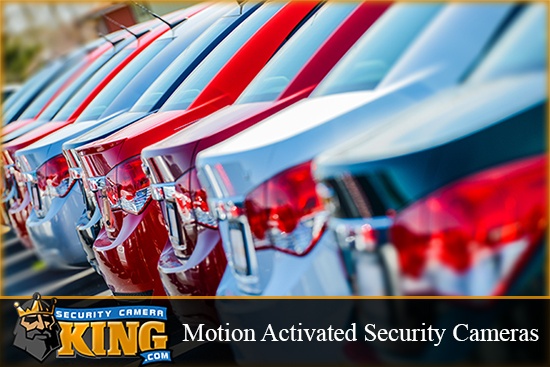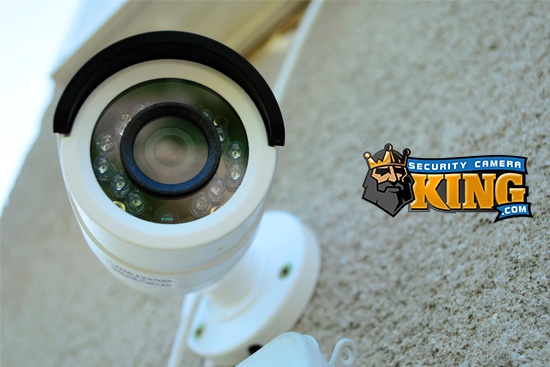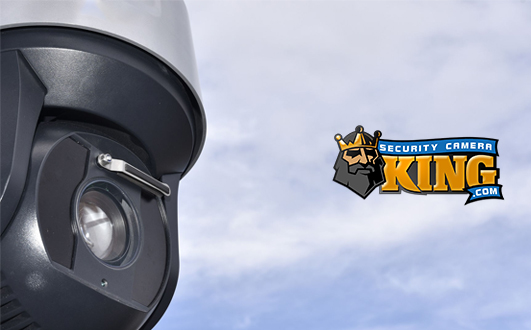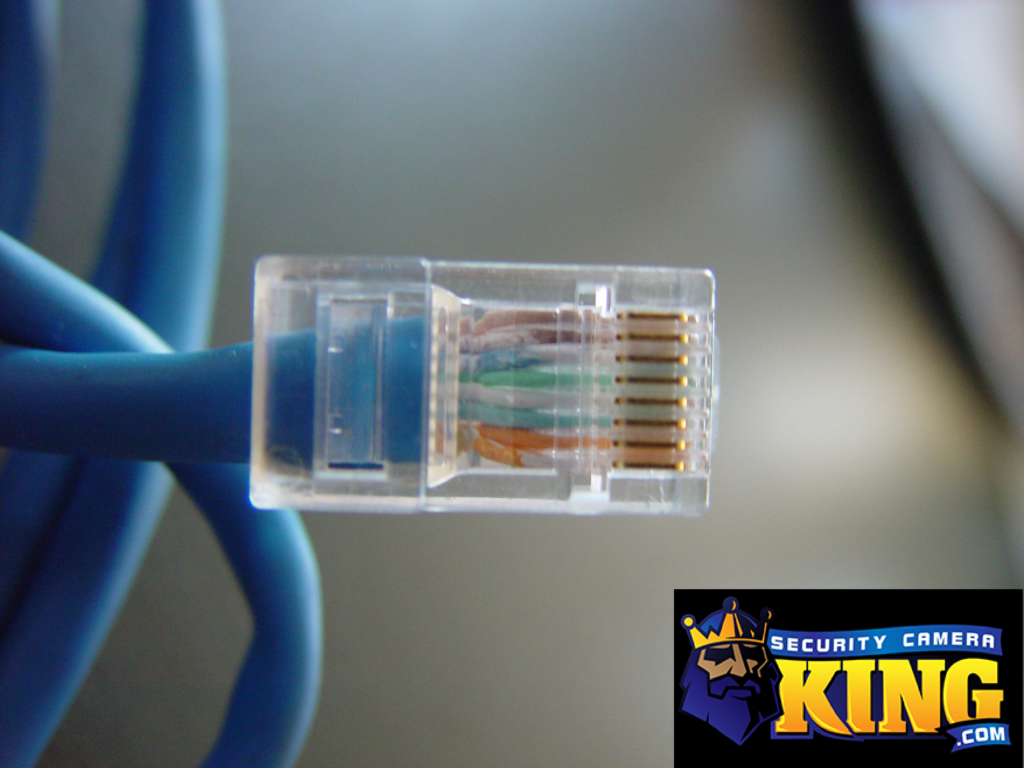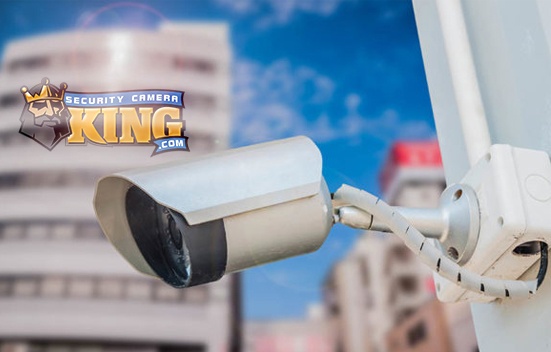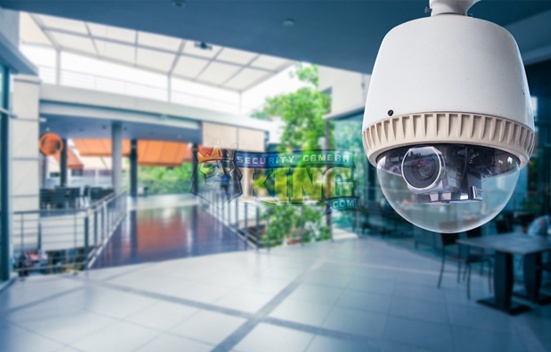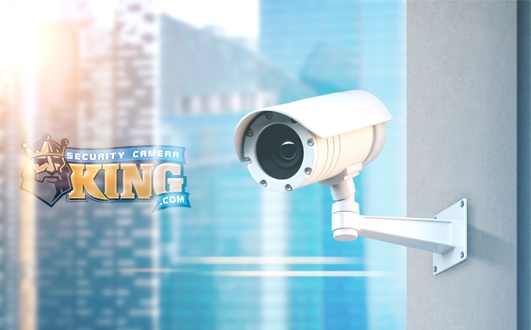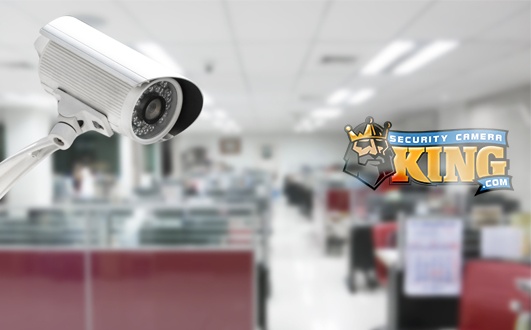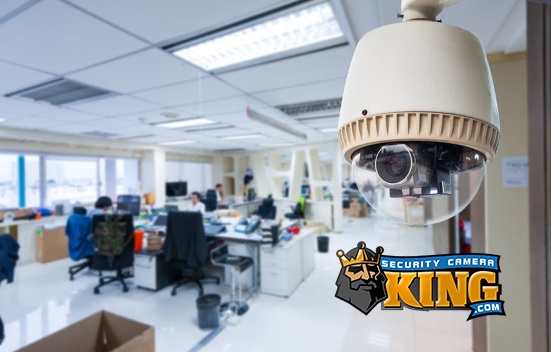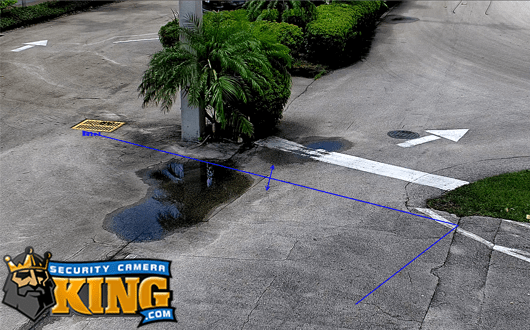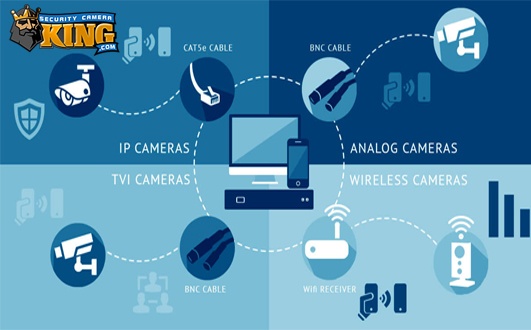Monitor Motion with PSS For Windows
Wouldn’t it be nice if you can get a separate window in your monitoring system that will display Motion events when they are triggered? Well, look no further because you can do it with our Client Software PSS For Windows if connected to a DVR, NVR and even and IP camera.
In this article I will show you how to setup this feature using one of our DVRs.
Video Detection Events
This feature on PSS For Windows allows you to see alarm events when they are triggered. The software is also capable of displaying events when there is video lost (Camera goes Blank) and video masking (Front of the camera gets covered by hands or spray).
You will have the option to display these events in the main window, or a separate window if you like. The window popup that is dedicated to show the alarm events will never go full screen, therefore you may want to set the video in the main window instead.
Where to download and Install PSS For Windows
You can download the latest version of PSS For Windows here.
Install PSS For Windows and click the desktop shortcut to run the software. The default user and password of the software is admin.
NOTE: This password is not the one that you use to access your DVR, it is just to access the software alone.


How to add a New Device to PSS
In this example we are going to add our 16ch Ultimate Mini DVR (DVR-LT16480MHD) to the Software.
Click on “Setting Manage”, “Device Manage”, on the right side menu.\

In the Device Manager, click the “Add” button.

Enter the Title of the DVR and an optional description.
Enter the IP or Domain Name of the DVR, and the Port Number.
Select “DVR” from the “Type” drop down box.
Enter the user and password for login, and also enter the password in the “Confirm password” box.
Click “Save” to add the new device and “Ok” to close Device Manager.

Your DVR is now added and you can watch Live Video.
Test and connect to your DVR.
Click on “Device List” on the right side menu to show the list of devices.

To login simply double-click the name of your DVR. Another way to login is right-click and “Login”.
Once logged in, the red mark on the icon will disappear and a list of cameras and alarms will be available.

To view the live video, select the first video window, right-click on a device and then choose “Main Stream” or “Extra Stream”. This will load all cameras from that device into the video windows and will connect using the selected stream type.

Another way to add the cameras to the window is by dragging the device into the first video window to load all cameras; this will connect in “Main Stream” by default. Or you could select each video window individually and choose “Main Stream” or “Extra Stream” for the camera you want to add.

To logout right-click on your DVR’s name, “Logout”, or just exit the Software.
How to configure Alarm Monitoring
Click on “Config Manager”, “Alarm Config”, on the right side menu.

Select the “Arm/Disarm” tab in the “Alarm Config” window.

In the “Add arm by type” frame check the “Motion Detect” box.
Select your device and check “Motion Detect” for each channel you want to activate. Do the same if you have multiple devices.
Select the “Activation Strategy” tab in the “Alarm Config” window. Select a device channel to be activated by clicking the + next to the device name.

In the “Type” drop down box select “Motion Detect” (default).
In the “Activation action” frame select the “Channel” to activate when there is a motion detection event for this device channel. For example, if channel 1 picks up motion you can have it activate channel 1 from this device or any channel from any device. You can add multiple channels to be activated.
Set the default video “Window” for this channel. This will auto adjust based on the activation order. For example, if channel 1 and 2 are set to window 1 and 2 and both are activated then they will be in the windows you selected. If only channel 2 is activated then channel 2 will be in window 1.
Change the “Stay time” to the length of time for the activated video to stay open. Click the “Add” button to add the action.
To edit an existing action double click on the action in the list, make changes, and then click “Modify”.
Click “Apply” to save the changes to.
Check “Alarm arm enable” to start the video monitoring, and click “Ok” to exit.
This will be the default action when the software starts up.
NOTE – logout and then log back in to the device to enable the changes
Optionally you can use the Top menu or the System Tray menu to arm the alarm.
These menu options are linked to the global settings in the “Alarm Config”.
If “Motion Detect” is unchecked it will also disable all motion events.

PSS Alarm Window
By default the alarm video will show in a dedicated pop-up window.

To change the Alarm Video window settings click the “Config” icon, and select “Option”.
To use the main window instead of the pop-up then uncheck “Use pop-up window to display alarm video”.
To set multi-view for the alarm video, change “Alarm video window amount” to your desired multi-view.

Set all devices to login on startup (optional).

Click “Ok” to save the changes.
Restart the Software (Close the software and open it again).
To show the alarm pop-up window manually you can use the Top menu or the System Tray menu.
You can also click on “Tools”, “Alarm Video”, on the right side menu.

I hope this article helps you create this simple task to maximize the productivity of this feature.

